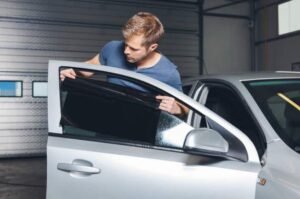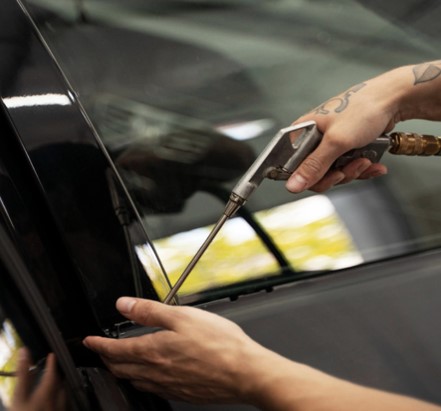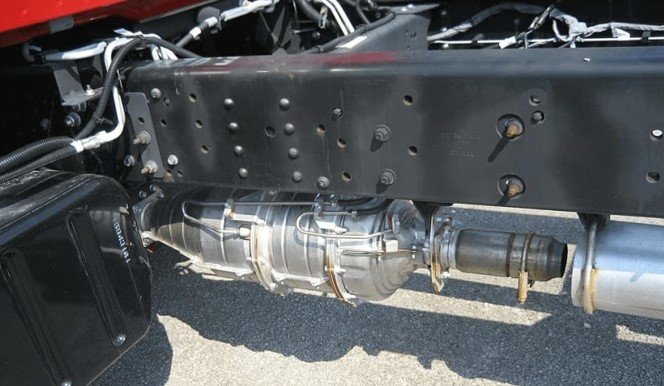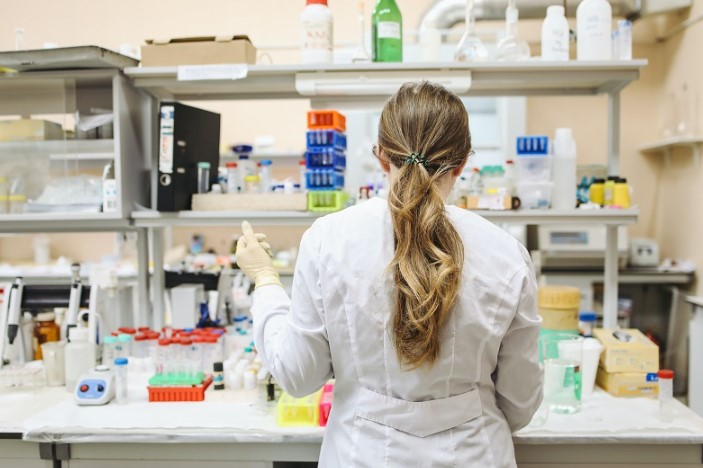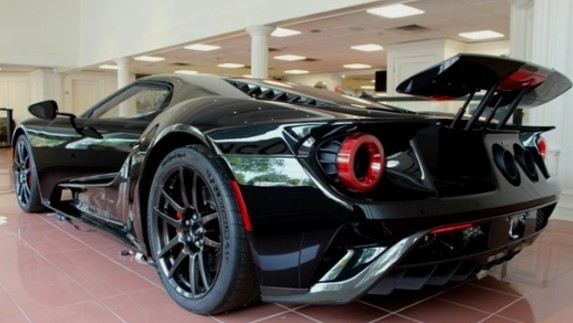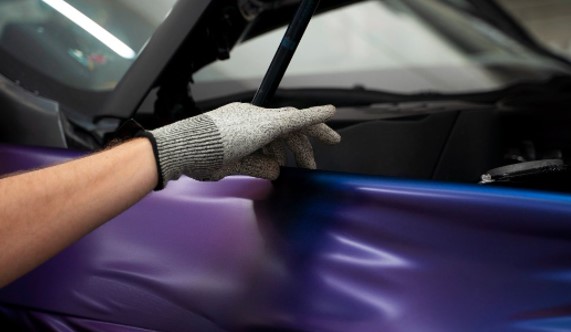Oakland’s oldest auto repair shop sells to Crash Champions
For decades, Ron Arth’s days began and ended at George V. Arth & Son, his family’s 145-year-old auto repair shop on 10th Street in downtown Oakland. As owner, Arth worked alongside a faithful crew and his trusty assistant of 43 years, Renee Camp.
“I have customers who come in and say, ‘I used to come in with my grandpa,’ and I’d say, ‘yeah unfortunately I remember your grandpa,’” Arth joked in a recent interview.
But the end of an era—a long era—has come for the family-owned auto shop.
On Nov. 29, the national auto repair company Crash Champions announced their acquisition of Oakland’s oldest—and perhaps the nation’s oldest—mechanic’s garage. Heidi Foster, senior vice president of Crash Champions, told The Oaklandside the entire existing George V. Arth & Son staff is staying on and said loyal customers will still be able to get the service they’re accustomed to.
“Arth & Son, with the reputation that they have and the family-oriented culture that they have, it’s a no-brainer [decision],” Foster said. “They have the same values and morals and drive that we do, so it aligns perfectly.”
Two things that will change are the shop’s facade—Crash Champions’ red and black logo will replace Arth & Son’s light blue sign—and Ron Arth will no longer be there.
Arth’s official last day was Nov. 18, though he helped out the following week in an unofficial capacity. “I’m going to miss my customers and I’m going to miss my employees,” Arth said. “A customer had heard we sold the shop, came in and asked if it was true, then got emotional. It’s nice having customers that care about you and your business that much, and I care about them in return.”
The Arth family, however, leaves the auto repair industry with no regrets. Arth says that the business wasn’t struggling but he grew tired of adjusting to new auto trends and vehicle technology.
“We were doing fine financially but I mentally need some rest because running a business is tiring,” he said. Arth also feels that his family’s business is in good hands with Crash Champions. “It was critical that we found a good partner that would be able to take care of the customers the way we took care of them in the past.”
Auto industry insiders have noted that while the number of vehicles in the U.S is rising, the number of auto repair shops is dwindling. Newer car models are also becoming increasingly computerized and smaller shops are struggling to adapt. This decline has been happening for years and larger companies like Crash Champions are in better standing financially to handle the industry’s fast changing nature.
Owner Matt Ebert founded his company as Lenox Auto Body in 1999 in New Lenox, Illinois. The company rebranded in 2014 as Crash Champions, expanded throughout the Chicago market, and made its first out-of-state acquisition in Columbus, Ohio. In 2020, the company rapidly began purchasing auto repair shops throughout the U.S and now has over 580 locations. George V. Arth & Son is one of numerous acquisitions the company has made in Northern California.
“There are a group of large shops that have the revenue to be able to invest in the technology needed for these advanced vehicle systems that are in the cars,” Arth said. “The manufacturers come up with the cars and our industry is always left with trying to figure out how to fix them.”
Arth, who turns 64 this month, worked almost every position at his family’s auto repair shop. “When I was 15, I was the janitor,” he remembered with a laugh. “I then worked on some cars, went to college and would come in and work on the books, then I worked on the management end of things.”
Arth eventually took over the shop from his father, George W. Arth, Jr., who took over from his father, George W. Arth, Sr., who took over from his father, George V. Arth. “I had a brother who worked with me and he was also George W. Arth,” Ron said.
Arth’s great grandfather George V. Arth was a German immigrant who came to Oakland in the 1870’s from Alsace-Lorraine, France. At that time, the region was controlled by the German Empire after it was annexed during the Franco-Prussian war. German Catholic immigrants settled in what is now geographically called East Oakland in the Dimond and Fruitvale neighborhoods.
A blacksmith, the eldest Arth purchased a small business called the Oakland Carriage company in 1877 and made his living repairing horse drawn carriages. “My great grandfather didn’t like the first cars when they came out because they backfired a lot and would scare the horses,” Arth said. The eldest of George V. Arth’s son, George D. Arth, eventually opened an auto repair shop, a car dealership, and an insurance agency until finally focusing on just running the shop.
George V. Arth & Son operated on Madison St. & 11th St. from 1949 until 1963 when they moved to their current location on 10th St. across from Oakland Museum. “One of my grandfather’s poker buddies was on the planning commission and they changed the street in front of our shop right by the museum into a two-way street for one block, and they did that as a favor to my grandpa,” Arth said.
The Arth family might have benefitted from that decision but later ended up on the city’s less favorable side.
“When my dad bought this building, which used to be a post office garage, the city of Oakland didn’t want a garage there because they were building the Oakland Museum,” Arth said. “They made my dad plant all these trees in front of the shop and then he had to paint the building a cream white coloring. Their intent was to hide the shop as best as possible.” The city-owned trees are still there today, their roots protruding out of the cracked pavement.
George V. Arth & Son has survived more than just overgrown trees and city bureaucrats. The shop outlasted the 1918 flu pandemic, two World Wars, Oakland’s economic declined from the 1950s through 1980s, the 1989 Loma Prieta earthquake, the 2007-2009 Great Recession, and the ongoing COVID-19 pandemic.
“Because we went through so many hard times as everybody did, we knew that things could happen that you couldn’t control so we always kept that in mind,” Arth said. “We ran a business knowing that anything could happen, including an earthquake or a pandemic, so we never depleted our reserves with the understanding that things could be good now but it won’t always be that way.”
